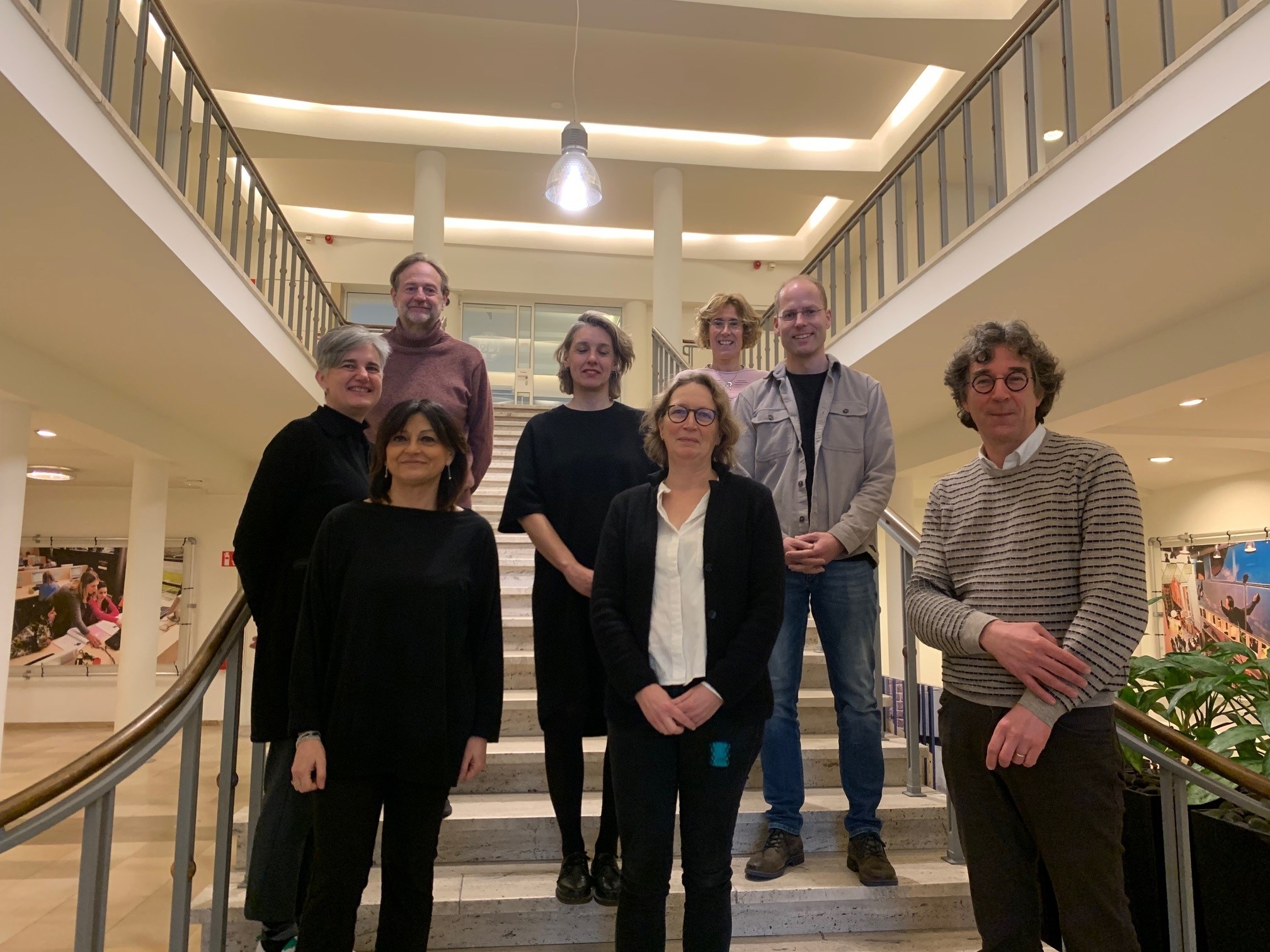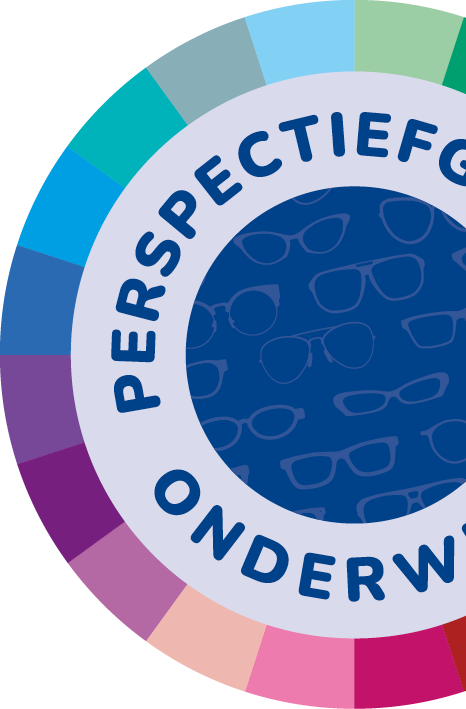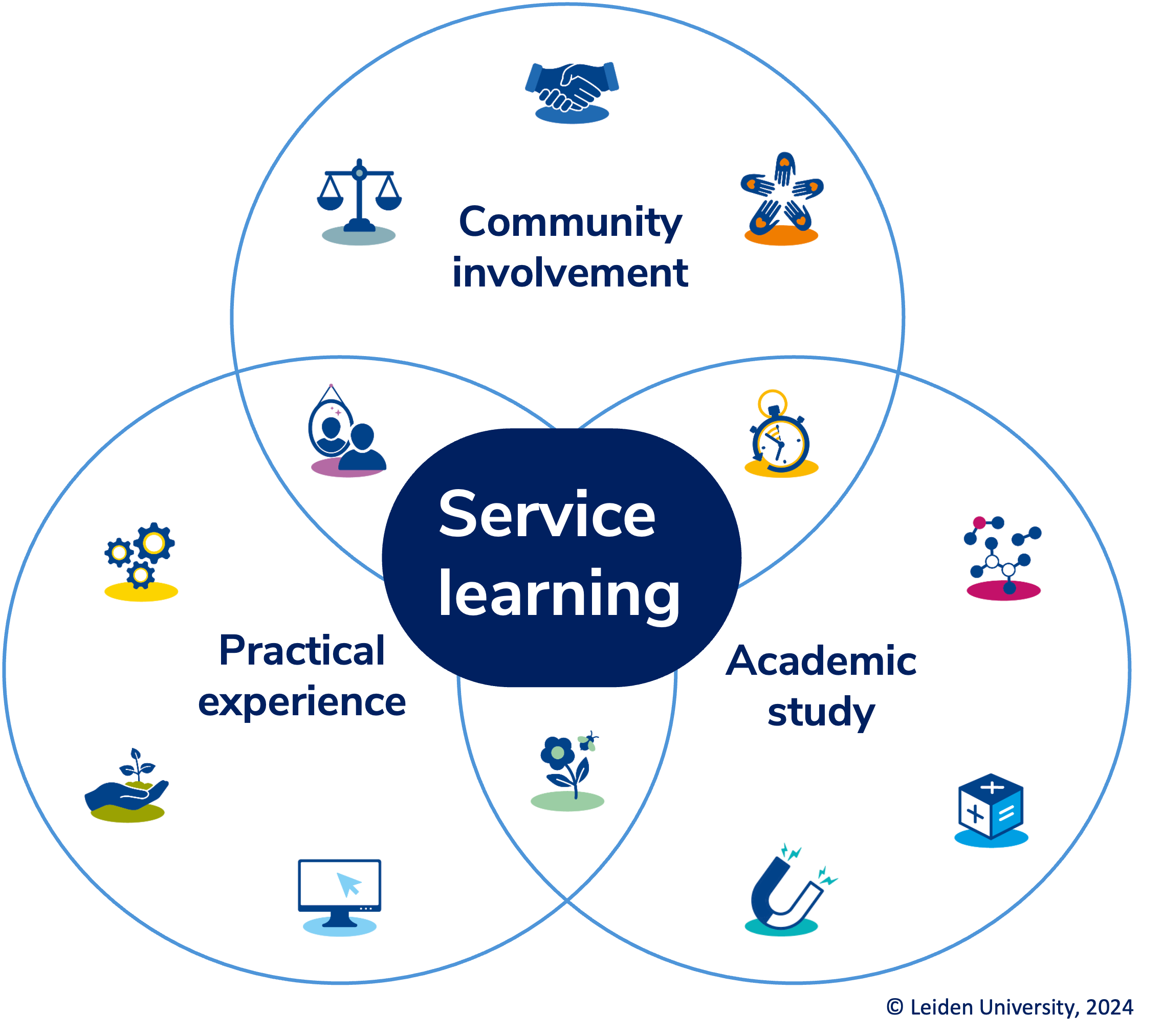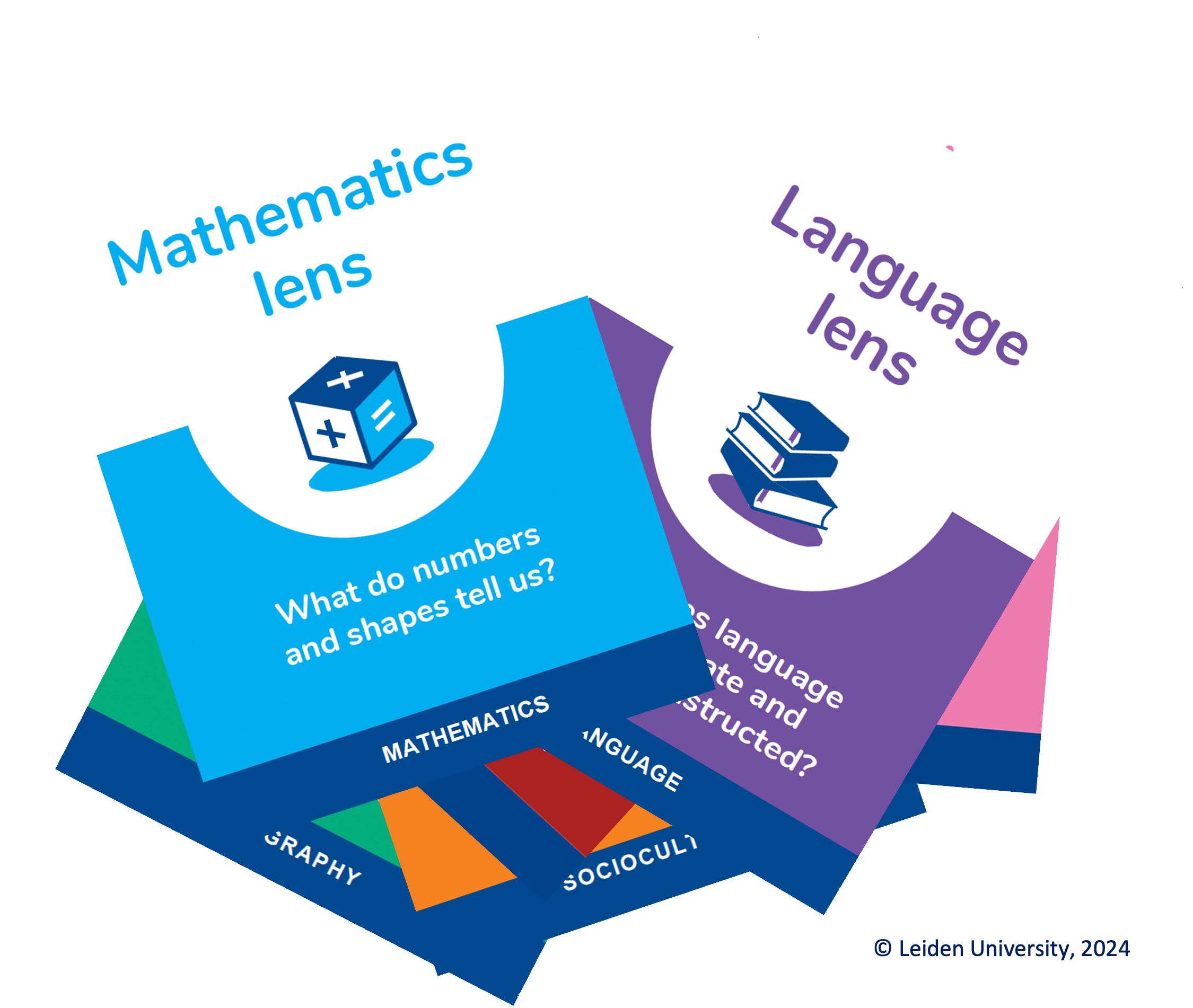PULLSE
Designing learning materials from a perspective-based approached
The European Erasmus+ project ‘PULLSE’ (2023-2024) has the ambition to establish high-quality education in primary and secondary schools through perspective-based education, which implies a multidimensional approach to reality that stimulates pupils and students to think deeply on a systemic level. Therefore we have developed high-quality teaching tools, which approach the teacher as a professional and which are freely accessible and free of any kind of commercialization.
To achieve this goal, we entered into a partnership between the research centre ‘Art of Teaching of UCLL (Belgium), the ICLON department of Leiden University (the Netherlands) and FONDAZIONE HALLGARTEN-FRANCHETTI CENTRO STUDI VILLA MONTESCA (Italy).
The complementary expertise of this partnership results in the development of powerful learning resources with a strong focus on content, from a perspective-oriented approach, with a view to answering complex and multidisciplinary issues, grafted onto a solid and sound knowledge base.


A curriculum in 20 perspectives
Perspective-based education and whole-task-first approach
Perspectives are ways of looking, thinking and interacting with the world. In the perspective-based educational approach perspectives are used as disciplinary general insights to guide students’ knowledge development. Based on curriculum research, we have defined 20 perspectives to cover the entire curriculum of primary and secondary education. Especially when using more authentic tasks in education (the so-called whole-task-first principle), perspectives provide a valuable tool as the disciplinary-based questions link the authentic task to specific concepts of the relevant school subjects.
Subject-based learning
Subject-based learning concerns school subjects taught in European schools. Every school subject offers us a perspective on the world. This section focuses on subject-based learning materials which promote the development of perspective thinking by being rich in content and plain in its form.
Geometry – Planar figures
Learning material

Question-based learning
Approaching a question from multiple perspectives creates wondering and curiosity. Perspectives help students formulate questions with which they can further investigate the question. In this way, students learn to use perspectives in order to discover and expand their world.
Can I walk on water?
Learning material

Service-based learning (or service learning) is an educational approach that combines learning objectives with community service. Students participate in organized service activities that address local needs while developing their academic skills, sense of civic responsibility, and commitment to the community.
The disappearance of the frogs
Learning material
Critical Thinking
Critical thinking (CT) is an important skill which is globally recognized in education, involving reflective and reasoned decision-making. CT encompasses analyzing, evaluating, and synthesizing information to form well-founded judgments, crucial in navigating today’s abundance of misinformation. While some adopt a broad CT approach, we argue for domain-specific reasoning using multiple perspectives that stem from organized domain-specific knowledge. In this project, we designed learning materials in which students use perspectives to approach challenging and complex real life tasks. In the process of finding, analyzing and using information (CT), students are asked to use perspectives which are domain-specific thinking patterns like biological or historical thinking that aid to discern truth and logic.

